On the night before Jesus was crucified Peter pledged his allegiance to Jesus and said, “Even if I have to die with you, I will never disown you.” Jesus corrected Peter; “You will deny me—not once, not twice, but three times.” How heavy and broken Peter’s heart must have felt when he heard the eerie sound of the rooster crowing.
Peter was sincere. He loved Jesus and had full intention of protecting his honor, even unto death. But in the heat of the moment, fear overwhelmed his heart and his confidence buckled. He denied his friend and chose to save his own skin. The shame of it all could have taken Peter out of the game for life. Bitterness and resentments could have severed the relationship between Jesus and Peter, leaving Peter to live the rest of his life in the back of a fishing boat . . . haunted by the sound of the rooster crowing every morning. But Peter’s story doesn’t end on the night of his biggest blunder. No one is defined by the mistakes they make on their worst days. The unrelenting love of God will not stand for it. On that first Easter morning when Mary entered the empty tomb she heard a man in a white robe say: “Go, tell the disciples and Peter to meet Jesus in Galilee.” Jesus wanted to make sure Peter was present. He didn’t want the sounds of shame that were echoing in Peter’s ear to keep him from seeing the miracle. God’s love had broken the power of sin and death. Jesus was alive! After their first breakfast together, Jesus and Peter took a walk on the beach. Jesus asked Peter three times: Do you love me? Sometimes I wonder if Jesus reminded Peter about the conversation they had years before. “Remember Peter, I said we will forgive our brothers and sisters seventy–seven times. Peter, you’re my friend. I forgive you.”
2 Comments
Here's an interesting observation for church leaders: Jesus only mentioned the church twice; on one of those occasions the topic was how to deal with conflict in the church. In contrast, Jesus spoke about the kingdom of God one hundred and four times. It seems to me, church leaders who are Thinking Red need to spend more time and energy learning what it means to lead kingdom–centric movements.
If you’re wondering about the difference between church–centric and kingdom–centric ministry Reggie McNeal has written two books that help inform the conversation, (see, Kingdom Come and Kingdom Collaborators.) You can also dial into the Reggie McNeal Podcast. His latest series is called, When the Church Gets Kingdom: Coming Out to Play. In this series, Reggie interviews 5 church leaders who demonstrate what kingdom-centric ministry can look like. I was thrilled to be one of the interviewees. I never grow weary of talking about the kingdom of God or the delightful ways God’s kingdom shows up at the Table Café. If you find the podcast helpful please share it with your friends. In 1983, three of us from college were chosen to join 15 others and go to Upper Volta (now Burkina Faso), West Africa. Upon arrival, we were driven deep into the hot, barren bush and pulled into what appeared to be a scene from National Geographic. Five hours from civilization, our camp had a screened–in building with a tin roof to meet in, another to store gear, and an outhouse with a shower. After a quick meal, we split up to see our work sites. Two of us were taken to the end of a small 20 acre lake, the only surface water for miles.
It was a busy scene. Half naked, burdened and weary people coming and going: gathering water, walking livestock, bathing children, and pausing to rest from the scorching heat under a few mango trees. The locals were curious and gathered around as the plan was presented. We were to assemble a team of 25 nationals to construct a 200 ft. dam. It would triple the size of the lake and thus provide more water for the people after the rainy season. The dam was to be built by hand using dirt, large rocks and concrete. Work would begin the next day. We had no experience or training. I thought it sheer madness! Weeks later, the shock was severe. I stood up before I woke up. In a deluge; water washed over me in sheets. For weeks we had slept outside, the West African sky lulling us to sleep under the glow of the Milky Way amidst a billion stars. Now, the night was pitch black and everything was hidden. Pushing myself toward awareness, I stumbled toward shelter with soaked pillow and cot in tow. Laying in the damp, I thought no one would be sleeping during the first rain. These last days, we had all been feeling the pressure and tension. Finally, this wet and wild night culminated a long waiting. The hope that had been but a whisper just might become a reality. In the days ahead, several more rains would raise the level of the lake to seal our resolve. On our last visit, we celebrated and said our goodbyes. Driving away, I sat in the bed of the truck, haunted by a new realization. I had seen people sick, even dying, from drinking the water. Sometimes at night, a certain drum cadence echoed from nearby villages, announcing the death of a child. Most died from waterborne illness. Hallelujah, the dam was done, precious water, quenched thirsts, more to use—none of it safe. An idea began, though unclear: could people living in poverty in the cracks and crevices of the world make water safe for their own communities? It’s a simple fact, we all need water. Water treatment appears to be a difficult process, requiring engineers and scientists to manage it. So, the dream was fragile with no foundation, weak as a whisper. Anything more, it might cease to exist. It’s easy to underestimate the dedication that vision demands. This mantra has driven me, “Do something today that can make a difference 100 years from now.” Every day is important. And little by little, trying to bring a vision to fruition, God invites us to become more, develop our thinking, perceptions, relationships, securities and even our dreams. “Don’t look for shortcuts to God. The market is flooded with surefire, easygoing formulas for a successful life that can be practiced in your spare time. Don’t fall for that stuff, even though crowds of people do. The way to life—to God!—is vigorous and requires total attention.” — Matthew 7 (The Message) For over a decade, my life took twists and turns, as a piece of steel on the anvil of an ominous blacksmith, heating, beating, and quenching me over and over. A long time passed before I recognized a new man in the mirror. All the while my precious vision seemed veiled in fog, growing menacingly bigger and not gaining clarity. I wasn’t sure what to do or when it would be clearer. By the mid-1990’s, my idea for those living in poverty to make water safe for their own communities felt dormant. Over time, listening to those with whom I was living and working, many wanted the same thing. This vision wasn’t just for me. The passion to impact lives with safe water would require a community and be bigger than all of us. Something miraculous and amazing had been happening all along. Today, I work with WaterStep, an organization which empowers people from different backgrounds and geographic regions with a common drive to do whatever it takes to impact lives. Together, we can help almost anyone provide safe water to communities in the developing world and in disasters. I take far too many things for granted—like food in the fridge and running water at the kitchen faucet. I’ve never known the fear of food insecurity but I do remember a day when I would have given my left arm for a cup of cold water. One summer, three teenagers in my church youth group begged me to take them on a weekend camping trip to Red River Gorge. Jeff and Charlie were experienced Boy Scouts and bragged of knowing the trails. They had all the equipment needed to survive in the wild for two days. Sure enough, when the day of our hiking trip finally came they showed up with tents, sleeping bags, backpacks, flashlights, a ton of beef jerky, military looking canteens, and water purifying tablets in case our water supply ran short. Patrick was not as experienced, nor prepared. I knew this right away when he showed up with a box of Fruity Pebbles instead of beef jerky and sandals instead of hiking boots. It was a typical August day in Kentucky. The temperature was pushing triple digits and the humidity was thick enough to cut with a knife. During the first two hours of our hike Charlie reminded us every fifteen minutes to conserve our water. We would drink less in the morning and save our water for the heat of the day. We pressed on for another hour. Three hours in I was drenched with sweat, exhausted from the heat, and ready for a break. We sat side by side on a moss–covered tree trunk that had fallen across the path years before. Charlie removed the cap from his canteen and turned it up to his lips for long slow drink. He took the canteen and shook it; he turned it sideways and looked into the canteen like he was peering through a peephole in a door. He turned it upside down and shook it harder and then hurled the empty canteen as far as he could. The Boy Scout we trusted with our lives forgot to fill his canteen with water. All we had was an empty canteen; two water purifying tablets, a half–eaten box of Fruity Pebbles, and a hope we might find a fresh water stream along the trail. Four hours later we came to a clearing in the forest and spotted a lake across the meadow. Our hope of refreshment quickly evaporated when we discovered the lake was stagnating and covered with layers of black bacteria. Charlie grabbed his canteen, along with the purifying tables and waded into the water. He reasoned, we could either die of thirst or die from a waterborne disease. While Charlie was filling his canteen with black water, we heard a voice from across the lake. It was the sound of angels inviting us to their camp for a drink. The four of us cheered and with our last bit of energy, ran to meet our new best friends. When we stumbled into their camp they opened their cooler and offered us an ice–cold beer. Bud Weiser and Coors Light were the only options. Immediately, I found myself in another dilemma—Do I let these teenage boys drink a beer, lose my job, and go to jail; or do we return to the lake and take our chances? Before I could see my way clear on the moral dilemma, Patrick—like a true man of the wilderness—said, “Let’s drink the melted ice!” Moments later our canteens were filled to the brim with pure cold ice water. For me it was more than a miraculous provision from heaven; it was a life lesson to never take water for granted and to always be prepared to share water with other thirsty travelers I meet on life’s journey.
For those of us who are “Thinking Red” we must pause and wonder if we have a role to play in helping our thirsty neighbors find pure water to drink? In Matthew, chapter 10, Jesus says, “If anyone gives even a cup of cold water to one of these little ones . . . truly I tell you, that person will certainly not lose their reward.” If you want to find ways to give cups of pure water to thirsty children but don’t know where to begin, let me introduce you to Waterstep. They, like my friends at the lake who offered us cold ice water on a hot day, are finding ways to empower and help thirsty people create innovative solutions to meet their water need. Believe it or not, there are multiple ways you can be involved and help provide clean and safe water for our neighbors who thirst.
After sixty–three years of living—and sharing fifty of those years with the one person I desire above all others—I have come to this conclusion: Life is a series of choices we make that lead us closer to the true desires of our heart . . . or further from them. Robert Frost’s poem, The Road Not Taken speaks to the implications of choice. When faced with divergent roads in life we must choose one or the other; we cannot travel both simultaneously. Hidden in every choice are both a beginning and an ending; the road taken is the beginning of new adventures, the one not taken will remain a mystery. What matters is how we travel on the road we choose. If we live our lives fully engaged, without regret, filled with wide–eyed passion for the wonders offered along the road, it will make all the difference. Fire and Ice is another poem by Frost that speaks to the repercussions of choice. Some say the world will end in fire. Some say in ice. From what I’ve tasted of desire I hold with those who favor fire. But if it had to perish twice, I think I know enough of hate To say that for destruction ice Is also great And would suffice. How do you want to live? How would you prefer to die? Will you follow your heart’s desire, believing when your life comes to a close you’ll be consumed in flames of glory? Or will you live a life of fear, shying away from passion, rehearsing regrets, bemoaning betrayals, and clinging to failures so tightly that you pass from this life to the next with a heart as cold as ice? I think I know enough about human nature to say everyone would choose the former over the later—if only we were aware of the implications hidden in each passing decision. But we’re not. We let daily routine lull us to sleep and make choices based on expediency, numbing great portions of our hearts along the way. Far too often, we shy away from passion. We choose resentments of the past, safety in the present, or fear of the future, rather than chase after our heart’s truest desire. How then do we awaken our hearts? How do we engage life more fully? Is it possible to fan the flame of passion in the present; and in so doing, find ourselves in ages hence looking back over our lives and saying along with Frost, the road we chose has made all the difference? Here are four things I’ve discovered that help me fan the flame of passion. I share them with the hope they might encourage another traveler, weary in heart and longing to rekindle a passion for life. Release the Past if it holds Your Heart HostageNone get a pass. Life deals a share of disappointments to everyone; some are dealt more than others. How we handle disappointment is a key to unlocking passion. I’ve heard it said, “Disappointments will make us bitter or make us better; it’s ours to choose.” In his book, Dream Big, Bob Goff distinguishes between what he calls “limiting beliefs” and “launching beliefs,” suggesting we all have a mix of both. Limiting beliefs are the mental and emotional constructs we’ve adopted in response to disappointments in the past. Perhaps these beliefs and behaviors helped us cope with grief in the past but now they hold us hostage and prevent us from engaging life more fully. Goff says, “limiting beliefs come in all shapes and sizes . . . but they have one unifying characteristic—they hold us back. They are the invisible ghost whispering that we’ll never make it, that we can’t accomplish our ambitions, that we missed our chance.” They are the voices in our heads that say, “We’re not smart enough, attractive enough, good enough, talented enough.” If we look underneath our addictions and compulsive behaviors we’ll discover an unhealthy co-dependent relationship with a limiting belief. If a heart fully engaged in life is our goal, we must do the hard work of identifying the source of our limiting beliefs and break our relationship with them. Launching beliefs are the opposite; rather than holding us hostage, these beliefs help build the confidence and the courage we need to engage life more deeply. They are rooted in positive memories and the formative experiences we had with people who believed in us, acted in benevolent ways towards us, and spoke words of blessing over us. If the list of people who blessed us is small and their words of blessing faint, we can turn our attention to the Bible and let the words of God remold our launching beliefs. According to scripture, we are the apple of God’s eye; children of the Most High King; the Bride of Christ whom God dances over; we are God’s workmanship, created in Christ Jesus for good works; we are God’s temple and God’s Spirit dwells in us. Building our future on healthy launching beliefs will help us reframe and release the negative beliefs that hold us hostage. Discern Your Heart’s True DesiresWe must be brutally honest with our heart and distinguish between our truest desires and the pseudo desires we’ve impaled ourselves on in the past. The enemy of our soul does not want us to experience the life God has dreamed up for us—a life filled with meaning and purpose—a life of infinite joy, freedom, and abundance. God has designed each of us to experience eternal life; a life lived in God’s presence, here and now, where we discover the way of love. The enemy of heaven hates it when people discover God’s way of self–giving love and will go to any lengths to have us choose something less, something that separates us from our heart. In his book, The Weight of Glory, C.S. Lewis writes, “When we consider the unblushing promises of reward and the staggering nature of the rewards promised in the Gospels, it would seem that our Lord finds our desires not too strong, but too weak.” He goes on to say that, “We are half–hearted creatures, fooling about with drink and sex and ambition when infinite joy is offered us, like an ignorant child who wants to go on making mud pies in a slum because he cannot imagine what is meant by the offer of a holiday at the sea. We are far too easily pleased.” Finding and naming our heart’s true desires will stoke the flame of passion. Equally important is the work of discerning and naming the pseudo passions we’ve settled for in the past. Don’t be Afraid to Chase After Passion In a book called Desire, the author John Eldridge says, “Many Christians are wary about getting in touch with their desires, not because they want to settle for less, but because they fear that they will discover some dark hunger lurking in their hearts.” Eldridge warns his reader, “the father of lies takes many people out of the battle . . . by keeping them in the shallows of their desire, tossing them a bone of pleasure, and thus convincing them that they are satisfied.” However, dare we move from that place and hunger for a more passionate life, the enemy of our soul will change his strategy and, as Eldridge puts it, “threaten us from going into the deep waters by telling us that our core desires are evil.” Certainly, history reveals the human heart has a bent towards rebellion and sin. The heart is easily tempted and led astray. But the core of our heart is not fundamentally evil. We are created in the image of God. The creation narrative is clear about one fundamental truth; the human soul is created in love, by love, and for love. At the core of our being we are good; as a matter of fact, God said, “we are very good.” We can be encouraged to chase after the deep and true passions of the heart by reminding ourselves of the promise found in the new covenant, “I will give you a new heart and put a new spirit in you; I will remove from you your heart of stone and give you a heart of flesh” (Ezek. 36:26 NIV). Reflecting on this promise, Eldridge says, “For those who have been born of the Spirit and become new creatures in Christ, sin is no longer the truest thing about us. Since the coming of Christ, everything has changed. The joy of the new covenant is the transformation of our deepest being. As Christians, we have a new heart, and that means nothing less than this: our core desires are good . . . We don’t need to fear recovering our desire because our desire is from God and for God.” Spend Time with Passionate People Passionate people beget passion. If the flame of your heart is burning dim befriend people who personify passion. Their energy and their vision might inspire yours. When I spend time with passionate people, rather than live vicariously through them, they inspire me to speak a little louder, walk a little taller, and take risk when I might have otherwise played it safe. I’m certain that’s one reason I surround myself with passionate people; but one friend in particular stands out above all others. Whenever I spend time with my friend Mark I go home more determined to engage life more fully. Mark lives life on the EDGE. Metaphorically speaking, Mark is a mountain climber. Everyday he climbs the highest mountain he can find and goes straight for the EDGE of the cliff. Little time is spent looking at the ravine below; rather, he gazes across the canyon in search of the next highest peak and begins plotting a path across the cavern to get at it. Mark’s insatiable thirst for a life packed with meaning led him and a band of friends to create Waterstep, a non–profit organization that provides innovative solutions for the water crisis that haunts our planet. Over 700 million people live without access to safe water and 6000 children die every day from waterborne illnesses. The thought that thousands of children die everyday from curable disease keeps my friend Mark up at night. He knew something could and had to be done. His passion poured out like water in a desert and inspired a movement. Today, Waterstep is present in over 20 countries around the world and they work diligently to find new areas that need clean water and new solutions to meet the need. Spending time with friends like Mark, or learning about organizations like Waterstep, inspire me to be more engaged in life and discover my own mountains to climb.
|
AuthorLarry Stoess is an author, public speaker, and urban church planter. He loves telling stories about how dreaming with God will empower people to make old and broken things new again. Larry and a band of friends founded the Church of the Promise in Louisville's Portland neighborhood; The Table, a pay-what-you-can community café; and Promise Housing Plus, a non-profit construction company. He has written about their experience of dreaming with God in his new book: Think Red. Archives
August 2023
Categories |
|
Contact Us |

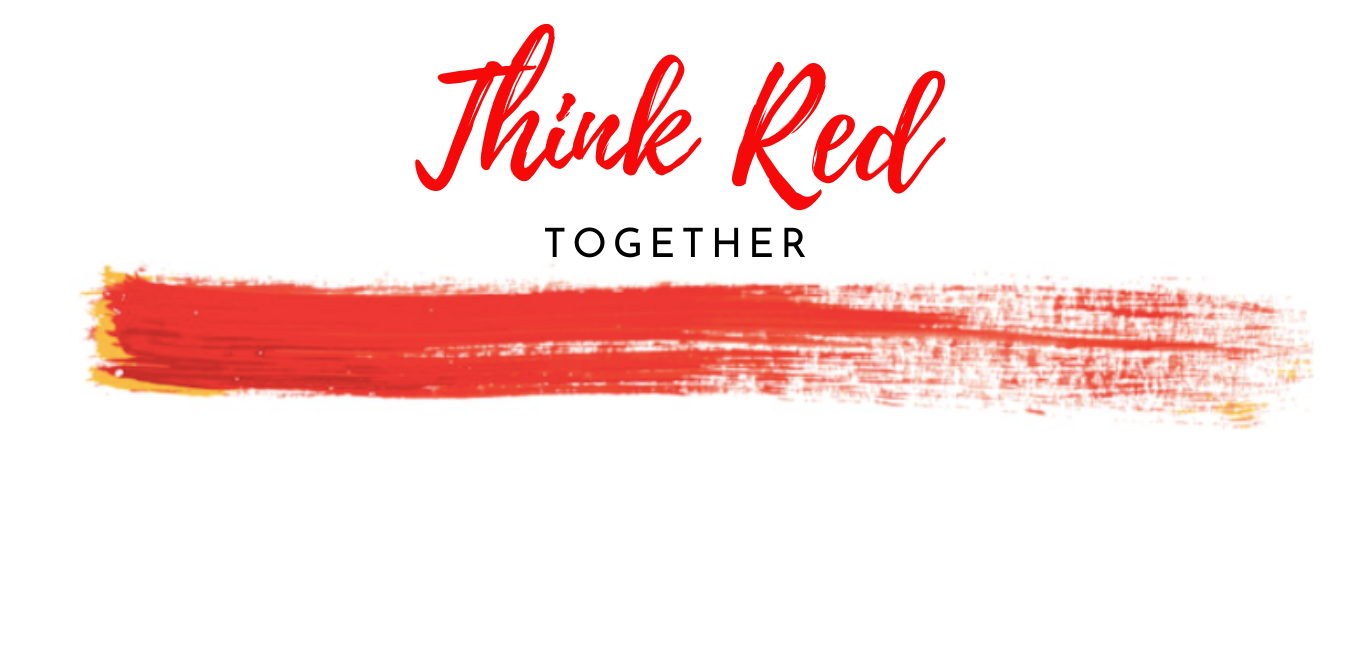

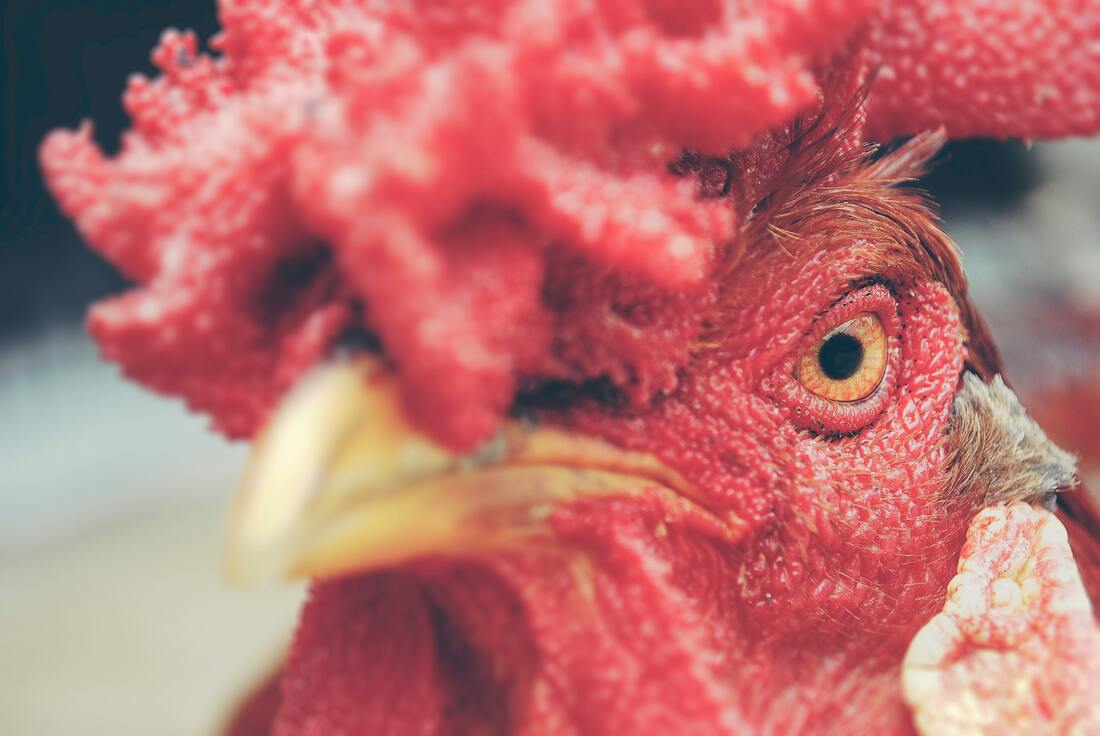
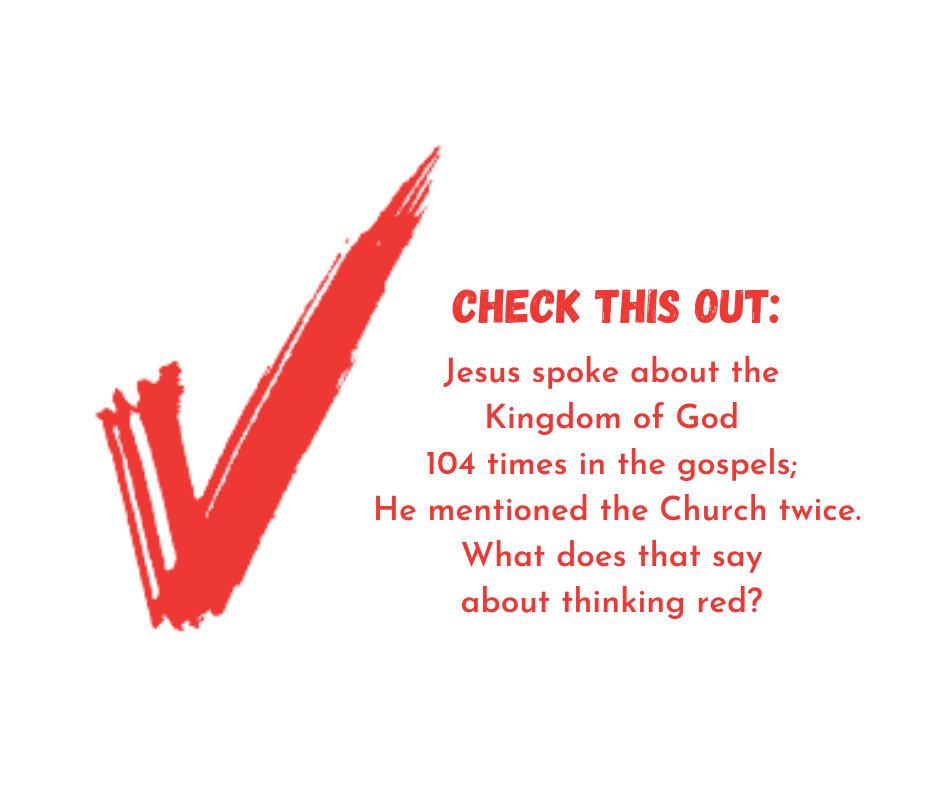



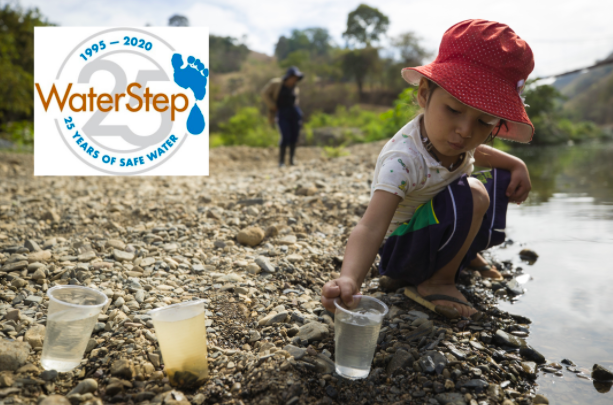
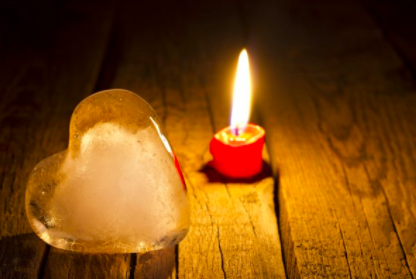
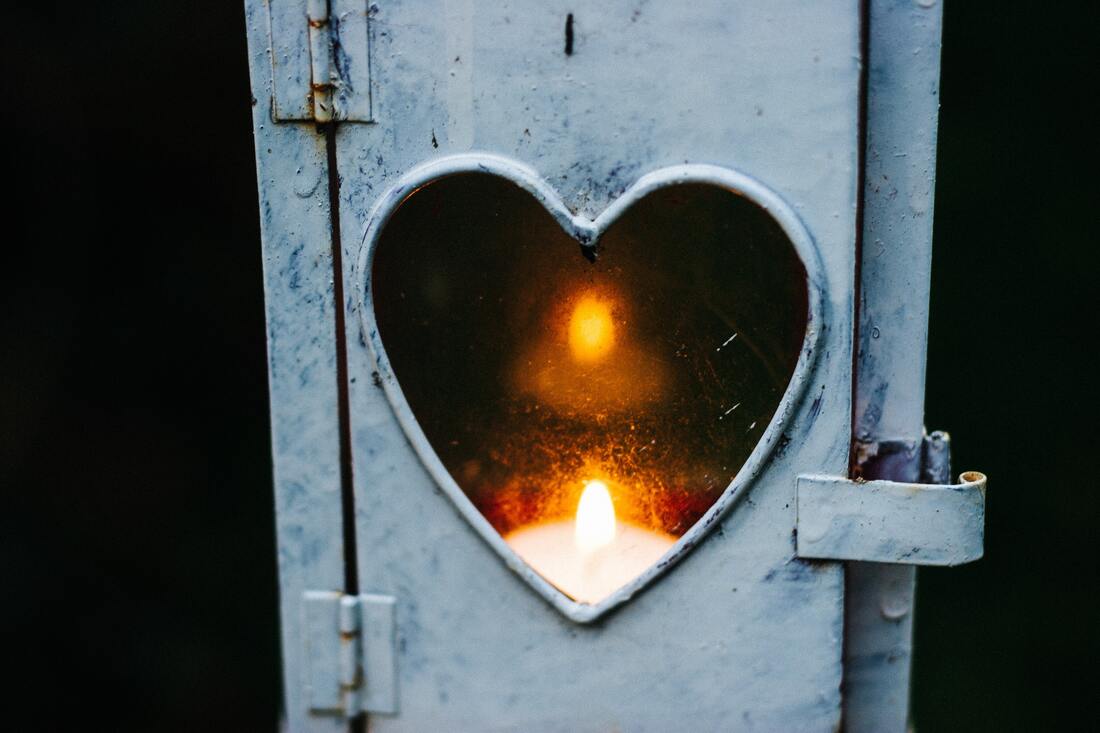

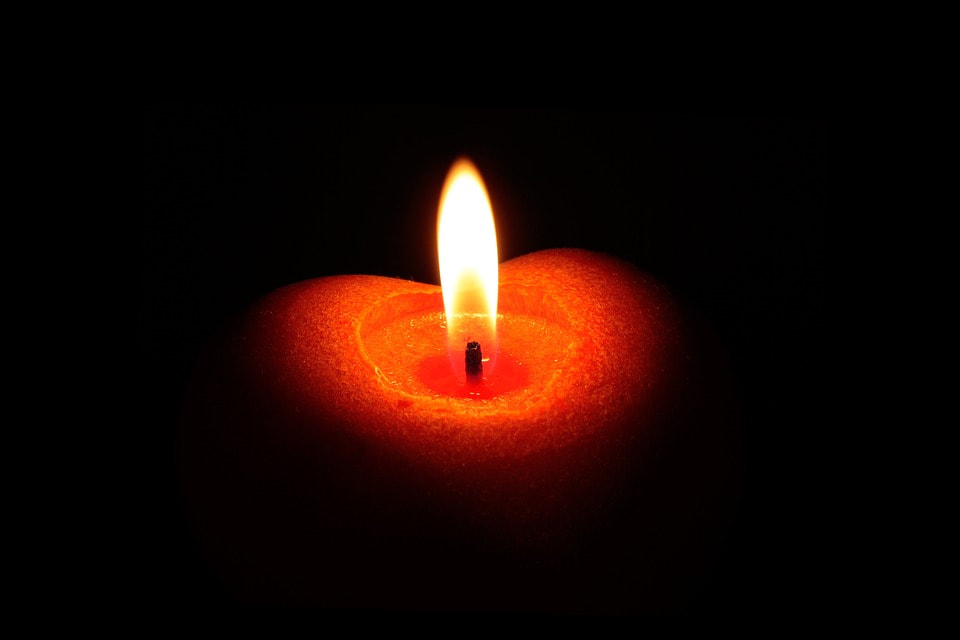
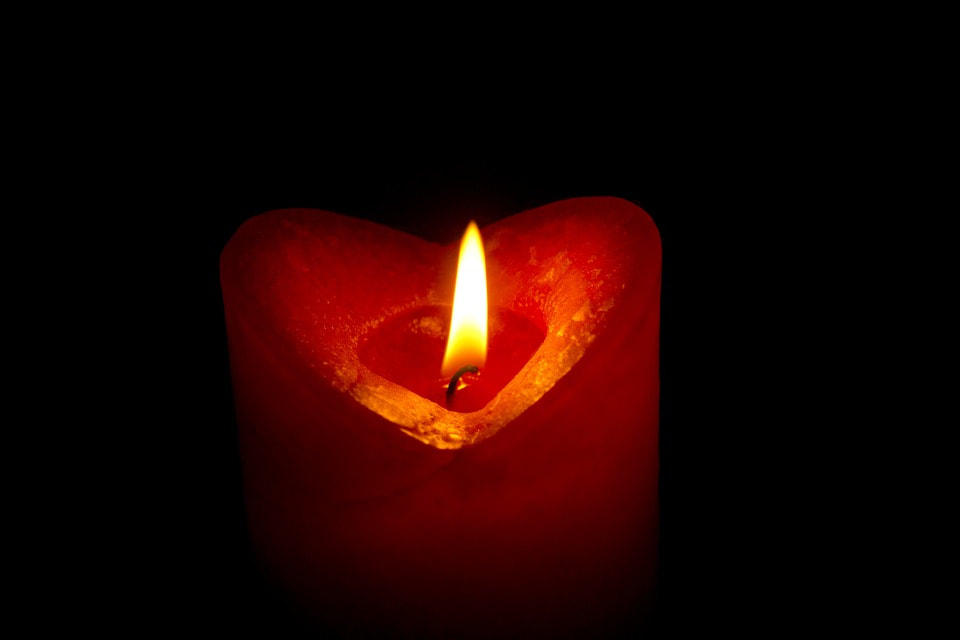

 RSS Feed
RSS Feed